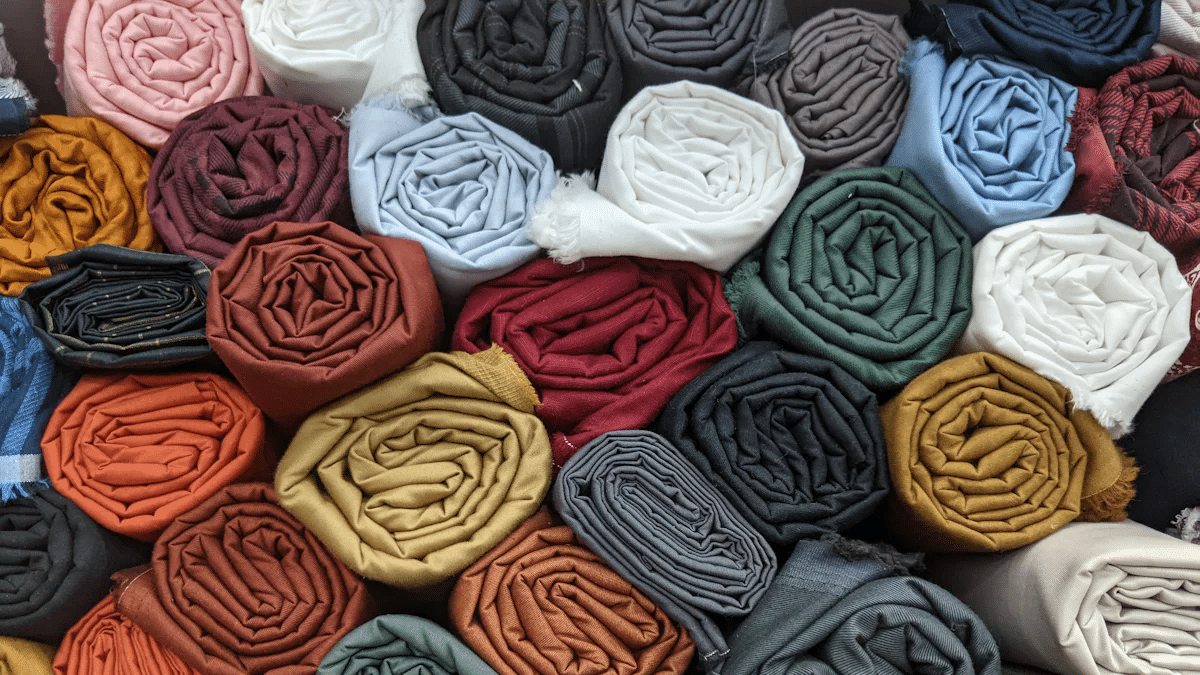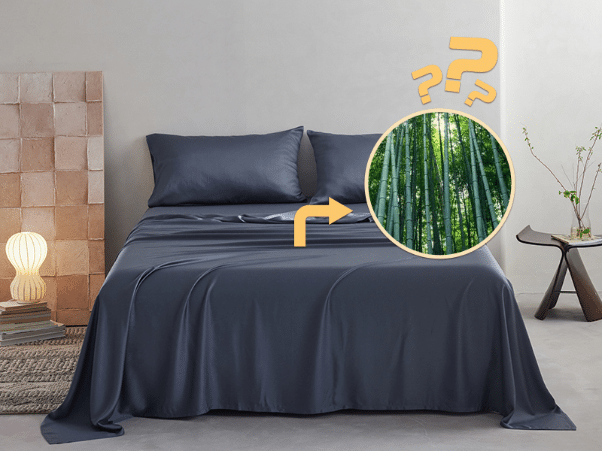Contents
Are Bamboo Sheets Really Made From Bamboo?
Bamboo sheets are increasingly favored by consumers for their environmental friendliness and comfort, but the actual composition and manufacturing process of these products are often overlooked. Bamboo undergoes a complex process to be transformed into fiber, a process that not only involves environmental factors but also affects the ultimate quality of the product. This article will take a deep look at the production process, environmental friendliness, and authenticity of bamboo fiber sheets in the market to help consumers make a more informed choice.
Definition and basic characteristics of bamboo sheets

Photo by Alex Keda on Unsplash
Bamboo sheets are bedding products processed from bamboo and are popular for their natural comfort and breathability. Bamboo fiber generally has good moisture absorption, antibacterial and anti-allergic properties, making it particularly comfortable in hot climates. In addition, the soft texture and glossiness of bamboo fiber sheets make them highly favored in the market. However, the true composition and treatment methods of bamboo fiber may vary from brand to brand, which affects its actual performance and environmental attributes.

Photo by Pierre Bamin on Unsplash
The process of converting bamboo into fiber involves several key steps. First, the bamboo is cut into small pieces and soaked in water, after which it is mechanically processed to remove the skin and hard parts of the bamboo. Next, the bamboo is ground into pulp and chemically treated to convert it into fiber. These fibers are stretched, woven, and finally made into sheets. This process not only affects the quality of the bamboo fiber, but also determines its environmental friendliness.
Environmental advantages of bamboo sheets
Bamboo sheets are considered an environmentally friendly choice as they are made from fast-growing bamboo. Bamboo is highly regenerative and requires relatively little water and fertilizer to grow. Bamboo sheets are produced in an efficient way and are biodegradable, which means they are less environmentally friendly than synthetic fibers.

Bamboo sheets differ from other natural fibers such as cotton and linen in many ways. Bamboo is more antibacterial and absorbent than cotton, while maintaining good breathability and softness. In contrast, linen is durable and absorbent, but relatively rough. Bamboo also has natural anti-allergic properties, which makes it particularly friendly to sensitive skin.
Conclusion
Bamboo sheets are bedding products made by processing bamboo into fibers. Its main characteristics are softness, breathability, strong moisture absorption, and natural antibacterial and anti-odor properties. The process of processing bamboo into fibers usually requires converting bamboo pulp into cellulose and then spinning it into yarn. Bamboo is a fast-growing and renewable resource. Compared with other natural fibers such as cotton or linen, bamboo fibers are generally softer and have good moisture absorption.
When maintaining bamboo sheets, it is recommended to use mild detergents and avoid high-temperature drying to extend their life and maintain their softness. Overall, bamboo fiber sheets are both environmentally friendly and comfortable, suitable for people who pursue a sustainable lifestyle.
Yihui Textile is one of the most recognized bamboo bed sheet manufacturers in China. Years of industry experience and market research have enabled us to create stylish and practical products. We are committed to providing you with high-quality environmentally friendly products while better protecting the environment. Our goal is to establish long-term partnerships with our customers and achieve a win-win situation. If you are interested, please contact us directly, our professional customer support team will care about your every question.





